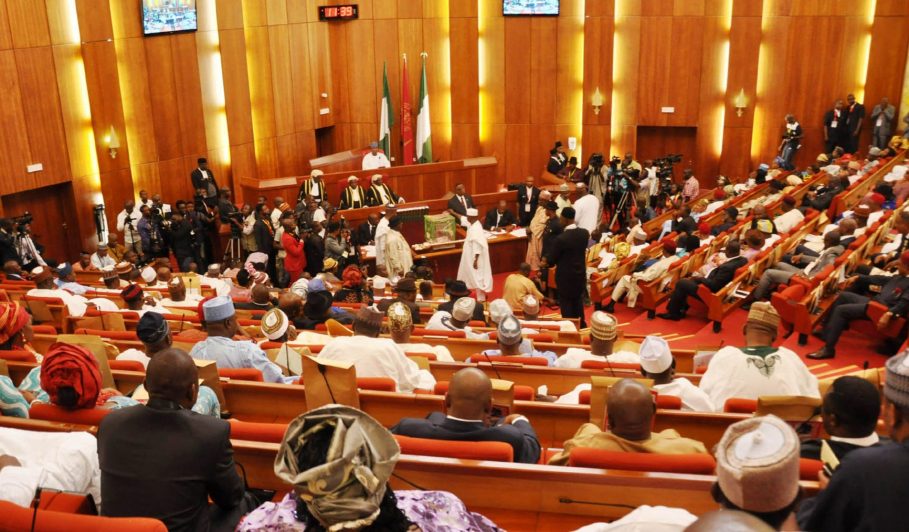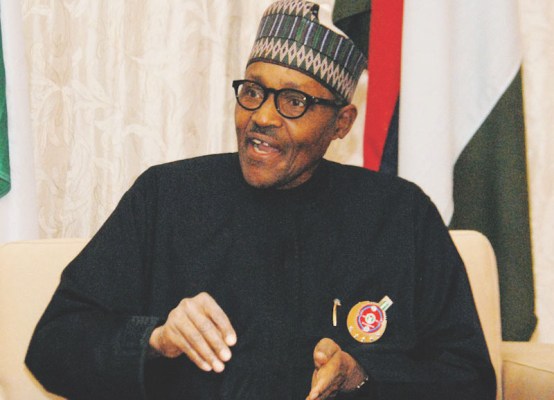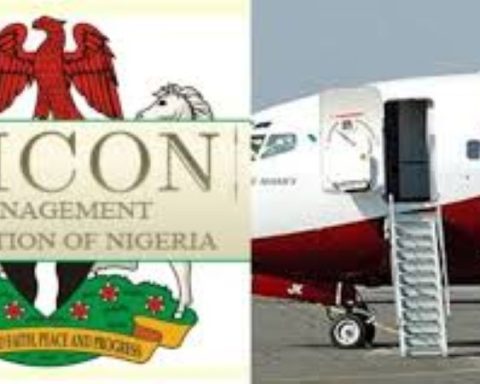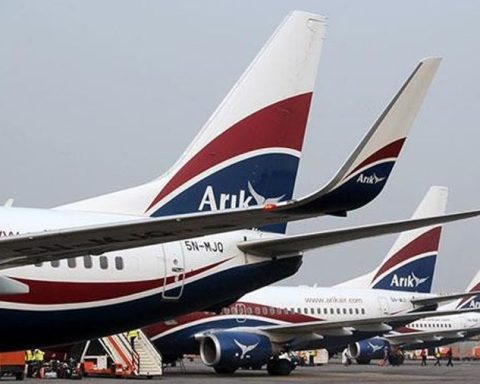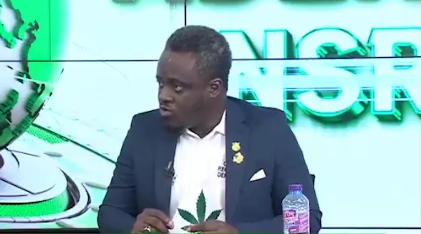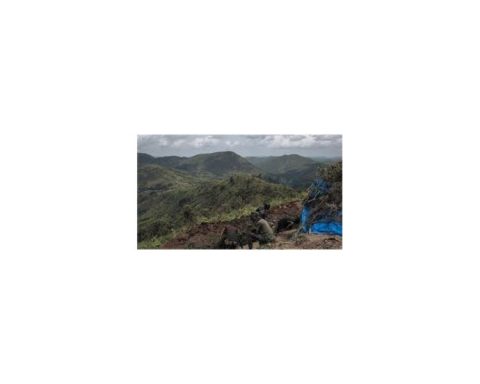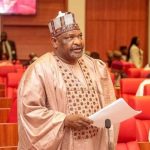SENEGAL adopted a new Petroleum Code on January 24, 2019, which aims to reinforce the preservation of national interests and local content. The new code goes significantly beyond the legislator’s concerns about local content included in the previous 1998 code, by devoting new provisions and making local content mandatory and subject to specific conditions. It advocates for the participation of the national private sector in oil operations, as well as all contracts for the construction, supply and supply of services relating to petroleum operations.
The new text also includes an obligation for technology transfer to Senegalese companies and imposes an obligation on holders of exclusive exploitation licenses to allocate, as a matter of priority, their exploitation products to cover the needs of the country’s domestic consumption. Furthermore, Senegal has put in place a specific new institution– the Institut National du Pétrole et du Gaz (INPG) – which works under the umbrella of COS-PETROGAZ and the Presidency in order to promote the development of local content in every step of the value chain in Senegal´s rapidly emerging oil & gas sector.
Join our WhatsApp ChannelIt includes several key points and highlights that royalties are calculated on gross production and the Société des Pétroles du Sénégal (PETROSEN) has a 10% stake in all contracts, which can be increased to 40% in specific situations. PETROSEN has to participate in project expenditure in the say way as other operating companies active in Senegal.
According the Petroleum Code (https://bit.ly/3BcSKY5) no tax holiday can be applied and international companies will have to take account several local content policies.
Senegal´s new Petroleum Code also has also significantly revamped legislation in order to ensure that the development of the country´s hydrocarbon resources is done in manner that ensures the long-term protection of the environment.
Now, the obligations of the hydrocarbons title holder are reinforced with express reference to the Environment Code and the allocation of costs to the investor relating to environmental protection. The investor remains specifically bound to provide a bond in a financial institution for the rehabilitation and restoration of the sites under the conditions set in the oil contract.
Another of the single most important aspects of the new Petroleum Code is in relationship to the ownership of hydrocarbon resources. Ownership of petroleum resources belongs directly to the people of Senegal. This provision is in line with the provisions of Article 25 (1) of the Constitution, which recognizes the people, and not the State, as the owners of these resources.
In addition, the code lays down the principle of managing oil revenues, which must take into account the interests of future generations and current socio-economic needs. A specific law for the management of petroleum revenues is provided for this purpose.
The code expressly provides for the Ministry of Petroleum and Energy and PETROSEN as the main governmental bodies responsible for implementation of the hydrocarbons policy and as the institution promoting the national sedimentary basin and otherwise representing the interests of the State in the hydrocarbon sector, respectively.
In addition to the new Petroleum Code, on the diplomatic front Senegal has worked with neighboring countries in the region, and most notably with Mauritania since the Grande Tortue Ahmeyim (GTA) gas project is located on the border between Senegal´s offshore waters and those of Mauritania.
The two countries are now working closely together for the development of this flagship project that is set to transform the economies and energy sector of the two countries over the course of the next decade, by providing energy independence and boosting the availability of more competitively priced natural gas, which should be a boon to a wide range of energy-intensive industries from cement, the metallurgical industry, and manufacturing, among many others.
Along with the approval of an interstate cooperation agreement signed with Mauritania in 2019, the adoption of the Petroleum Code is yet another sign of Senegal´s commitment (https://bit.ly/2ZZvTBx) to developing its highly prospective hydrocarbons sector, which is forecast to begin large-scale oil and gas production from various projects over the course of 2023.
Thanks to the various innovations put in place under Senegal´s new Petroleum Code the country has ensured that the normative framework overcomes the shortcomings of the previous 1998 legislation and ensures that Senegal is particularly well positioned to become one of West Africa´s major oil and gas producing countries; and that there is clear framework to facilitate FDI into the energy sector as well as the crucial guidelines that international operators need to operate effectively and meet their respective obligations to the State of Senegal.



